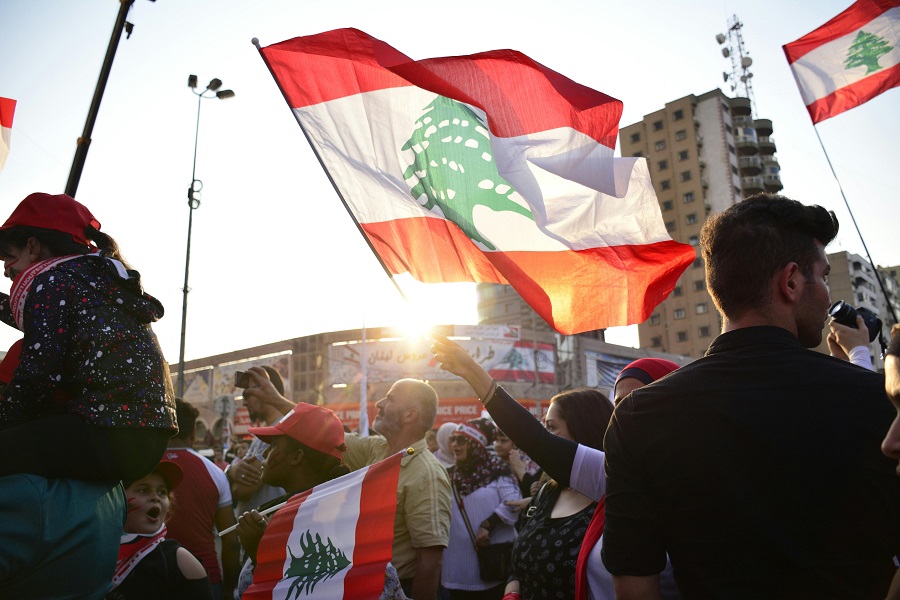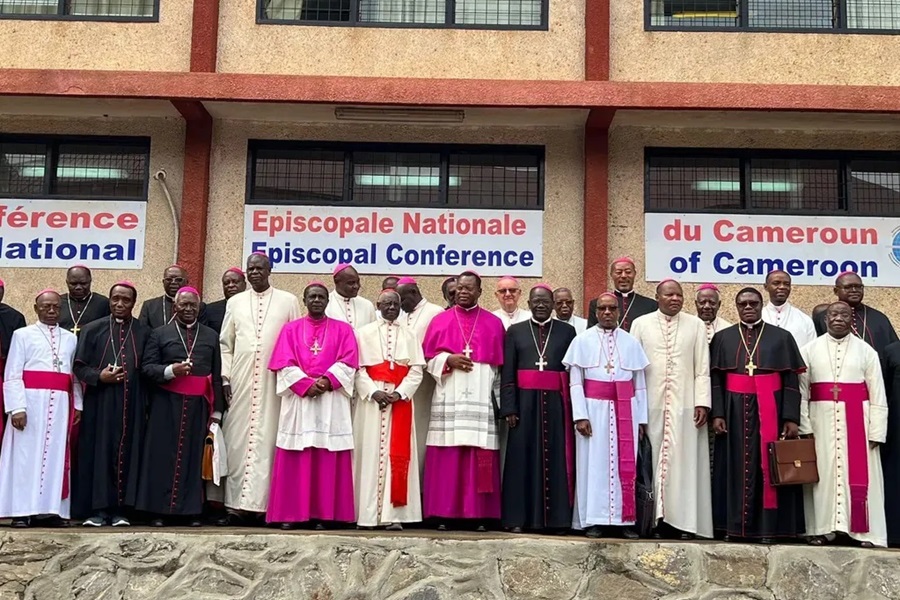A climate of relative stability in preparation for the Lebanese Parliament’s election of a new head of state on 9 January 2025. A framework that remains fragile, given Hezbollah’s determination to reorganise its forces, Iranian influence and the IDF troops still present. Elements that undermine institutions, border security and economic recovery.
It is against a backdrop of relative stability that the Lebanese parliament is set to meet on 9 January to elect a new president of the republic after a two-year, two-medium vacancy. This is how journalist Fady Noun for Asianews outlines the current situation in Lebanon
The turning point came after the truce between Israel and Hezbollah came into effect on 27 November, after two months of open warfare. However, there is still no certainty that the parliamentary session will be successful, although House Speaker Nabih Berry has invited the diplomatic corps to attend; among those present are the US envoy Amos Hochstein, architect of the truce, and the counterpart of French President Emmanuel Macron, Jean-Yves Le Drian.
At the moment, there is no candidate who seems to be able to obtain the necessary numbers, either in the first or second round.
Thus, the future of Lebanon is at stake, after the catastrophic war in which Hezbollah dragged the Cedar Country, costing 21 thousand dead and wounded, 10 billion dollars in damage, and the destruction of 200 thousand housing units.
According to the confessional system in force in the country that divides the most important state offices among the main religious communities, the president must be chosen among people of the Maronite Christian faith, while the prime minister must be a Sunni Muslim, the head of Parliament a Shiite, the vice president of Parliament and the deputy prime minister are Greek Orthodox Christians and the chief of staff of the army must be a Druze. Furthermore, the Parliament is composed of 128 deputies: 64 Christians and 64 Muslims. Within these two groups there is a further division based on the minorities of each confession. Since November 2022, dozens of parliamentary sessions have taken place, all of which have failed due to the impossibility for the various political factions to reach an agreement.
The Lebanese political stalemate has become an international issue, as the stability of the small Middle Eastern country is an important piece in the complex regional scenario, further disrupted by the events following the Hamas attack on 7 October 2023 against Israel.







